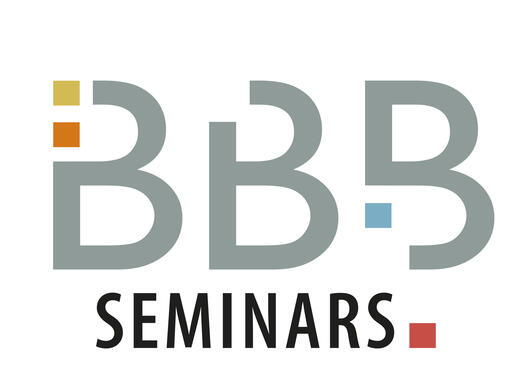CCBIO seminar: Gaoxiang Ge
Extracellular matrix remodeling in tissue homeostasis and disease
Hovedinnhold
Gaoxiang Ge
State Key Laboratory of Cell Biology, Shanghai Institute of Biochemistry and Cell Biology, Chinese Academy of Sciences, Shanghai, China
Extracellular matrix (ECM), an important component of cell microenvironment, is not only structural scaffold, but also signaling hub in dictating characteristics of the cell. The importance of ECM microenvironment in cancer and metabolic diseases is becoming much more recognized. Disordered ECM remodeling, a hallmark of solid tumors, promotes tumor progression and metastasis. ECM not only regulates cancer cell proliferation, migration and invasion, but also modulates angiogenesis and inflammatory response in the tumor microenvironment. ECM is a complex network that is composed of many highly homologous and structurally similar matrix proteins. Structurally similar collagen IV subtypes exert tumor promoting functions by activating distinct intracellular signaling through different cell surface receptors. ECM is an important regulator in metabolic processes. Collagen V is essential to mobilization of glucose transporter-4 (GLUT4) to the plasma membrane and glucose uptake in response to insulin. ECM also modulates the differentiation of adipocytes. Fibroblast-specific protein-1 (FSP1)+ fibroblasts are niche for preadipocytes in the stromal vascular fraction (SVF) of adipose tissues, and essential to adipose homeostasis. Alterations in the FSP1-positive fibroblasts result in decreased platelet-derived growth factor (PDGF) expression, which not only maintains preadipocyte pool in the SVF, but also regulates adipogenic potential of preadipocytes by regulating collagen matrix remodeling.
Chairperson: Donald Gullberg, CCBIO

